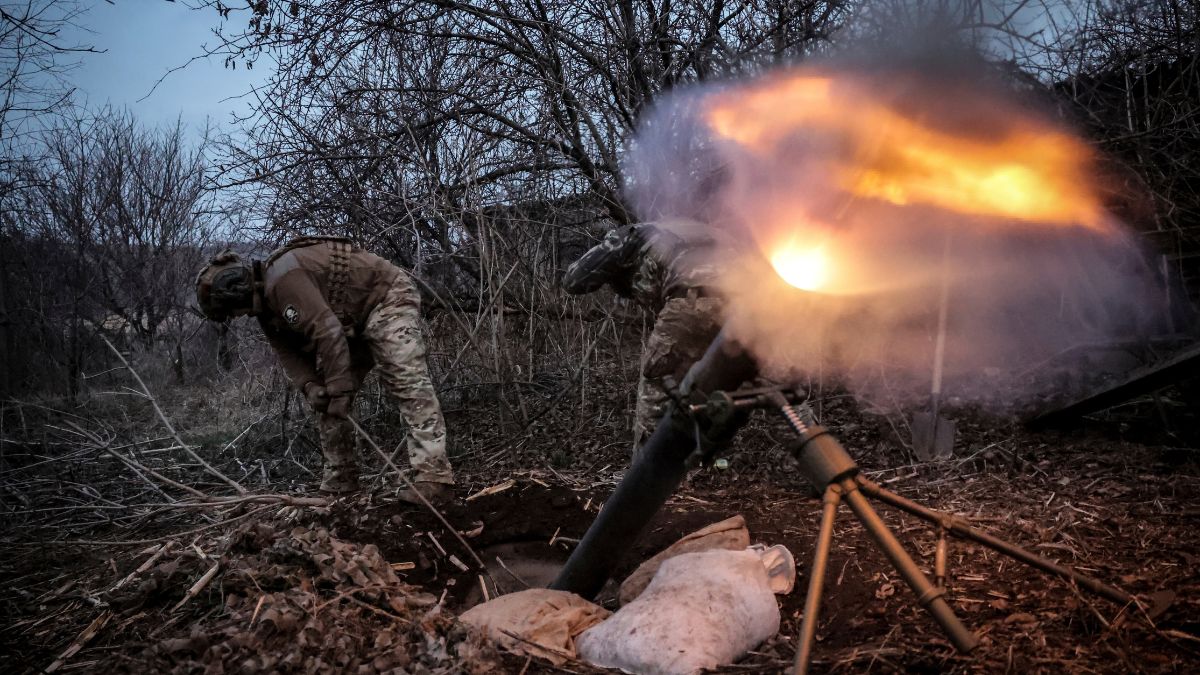Downing Street said on Monday that it expects “more than 30” countries to join a coalition to secure a lasting peace in Ukraine, though British officials acknowledged that many nations would not be willing to deploy troops on the ground.
Britain, France, and Australia have indicated their readiness to send forces to help enforce a ceasefire in Ukraine. However, they have emphasized that any peace agreement would require a military “backstop” from the United States to be sustainable.
Denmark and Sweden have also expressed willingness to contribute to a potential peacekeeping force in Ukraine, including the possible deployment of troops.
Military representatives from participating nations, forming what UK Prime Minister Keir Starmer has called “a coalition of the willing,” are set to meet near London on Thursday to discuss operational plans.
British officials estimate that the multinational force could include up to 30,000 troops, but military experts stress that long-term stability would depend on US air power and other forms of support.
“The contribution capabilities will vary, but this will be a significant force, with a significant number of countries providing troops.
“Russia has repeatedly rejected the idea of soldiers from countries belonging to the NATO military alliance being stationed in Ukraine.
Asked if the peacekeeping troops would be allowed to fire back if targeted, the spokesperson said military planning meetings were taking place to go through the details.
Impact Shorts
More ShortsStarmer hosted a virtual meeting on Saturday with leaders from Europe and other countries to build support for the coalition before military planners are due to meet in Britain on Thursday to discuss how a truce could be guaranteed.
Asked about Russian comments that Moscow would not accept European peacekeepers in Ukraine, Starmer’s spokesperson said: “It is worth remembering that Russia didn’t ask Ukraine when it deployed North Korean troops to the frontline last year.”
Britain and France are both continuing to push the United States for security guarantees to deter any future Russian attacks.
With inputs from agencies.
)